6. The Wave (2008)
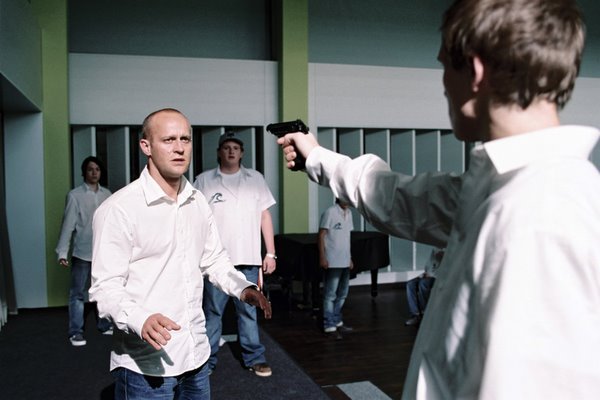
A high school teacher attempts to demonstrate to his students how easily a dictatorship can be formed, and his point is proven more effectively than he’d ever imagined in The Wave, a German picture from 2008.
While teaching a week-long lecture course on autocracy, the professor gradually morphs his students into a rigid social group dubbed The Wave: first he is elected supreme leader, then uniforms are assigned, then a hand salute is invented (by the students), and so on. Eventually this spreads beyond the walls of the classroom and the small experiment grows into a full-blown movement, leading to dire consequences.
Unsettling and totally plausible, The Wave isn’t exaggerated in the slightest. The events unfold naturally and it takes time developing its characters, selecting a handful of students and showing us how they react to the increasingly volatile situation.
The movie finds its origins in truth: in 1967 a Palo Alto, California teacher named Ron Jones wished to make his pupils understand how the Germans could abide by Nazi rule during World War II, and performed a similar experiment. A German filmmakers perspective on this material makes for compelling viewing.
7. Cell 211 (2011)
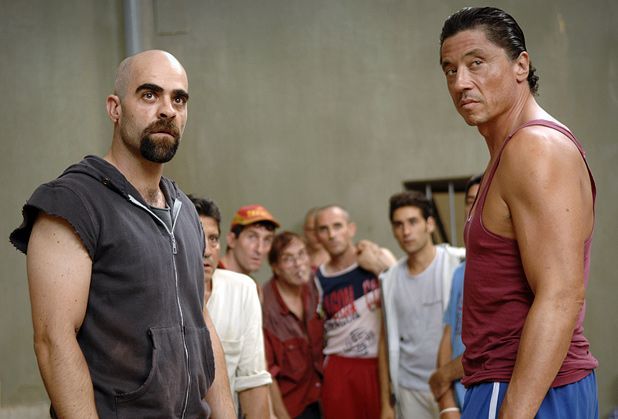
Within the walls of a squalid Mexican prison, a young guard is accidentally knocked unconscious on his first day and placed in an empty cell to recuperate. Shortly afterwards, a full-scale riot breaks out, leaving the rookie officer abandoned by his co-workers and trapped inside the penitentiary. The protagonist has no choice but to assume the role of a prisoner; fortunately, he’s a fairly cunning individual, and before long he’s cozied up to the head honcho, a fierce bastard named Malamadre (‘Bad Mother’).
Cell 211 is a flawed beast, overlong and slightly overstuffed, but it possesses virtues that can’t be dismissed, namely a strong sense of character and the visceral impact of its violence. The riot, in particular, is remarkable: far from amateur hour, this is hundreds of well-choreographed extras raising hell in an actual prison, expertly shot and edited. You can practically smell the burning toilet paper.
Despite a few minor drawbacks, Cell 211 barrels along at a feverish pace, straining its credibility on occasion but never failing to entertain. Luis Tosar, as Malamadre, commands your attention from the moment he appears. It’s a powerhouse performance.
8. New World (2014)
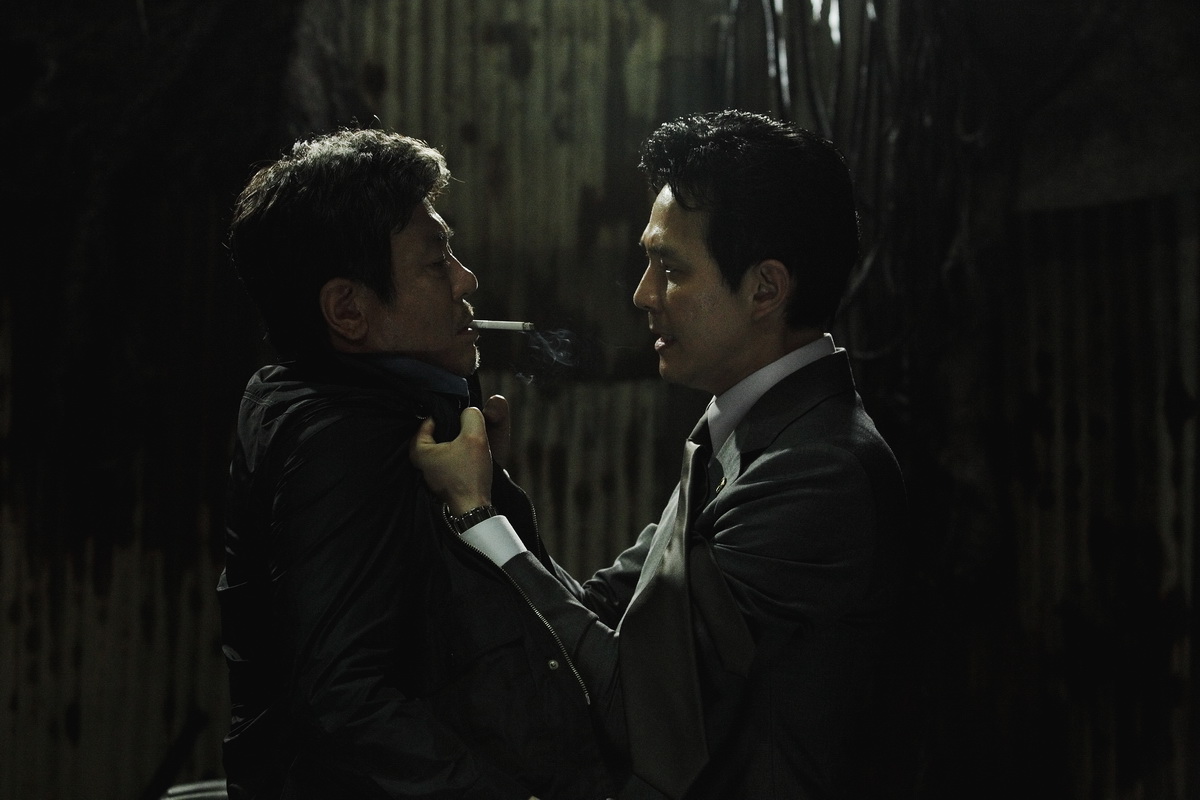
South Korea has produced a massive amount of crime thrillers in recent years, and New World is one of the finest. Both exhilarating and thought-provoking, it’s about an undercover cop, Ja-Seoung, who infiltrates a mob-run corporation called Goldmoon. Ja-Seoung rises though the ranks, increasingly torn between the job assignment and loyalty to his underworld associates.
New World poses a fascinating question: what if an undercover cop excels at crime? Can the lure of financial gain and criminal respect lead a decent cop to turn away from the law? The script, from writer Park Hoon-jung (who also penned 2010’s brilliant I Saw the Devil), is elaborate, but never confusing.
Despite a large cast of characters and a dense plot, New World is remarkably easy to follow and never loses your interest. It sports a sleek, elegant look; on display are not the dimly lit back rooms and gaudy strip clubs of American Mafia films, but rather high-end restaurants, luxurious board rooms, stretch limousines.
When brutality erupts within this atmosphere of calm civility, it hits hard. The criminals in New World are white-collar mobsters: organized, lethal, gifted with an appearance of respectability. It’s a familiar story told in a fresh, exciting way.
9. The Treatment (2014)
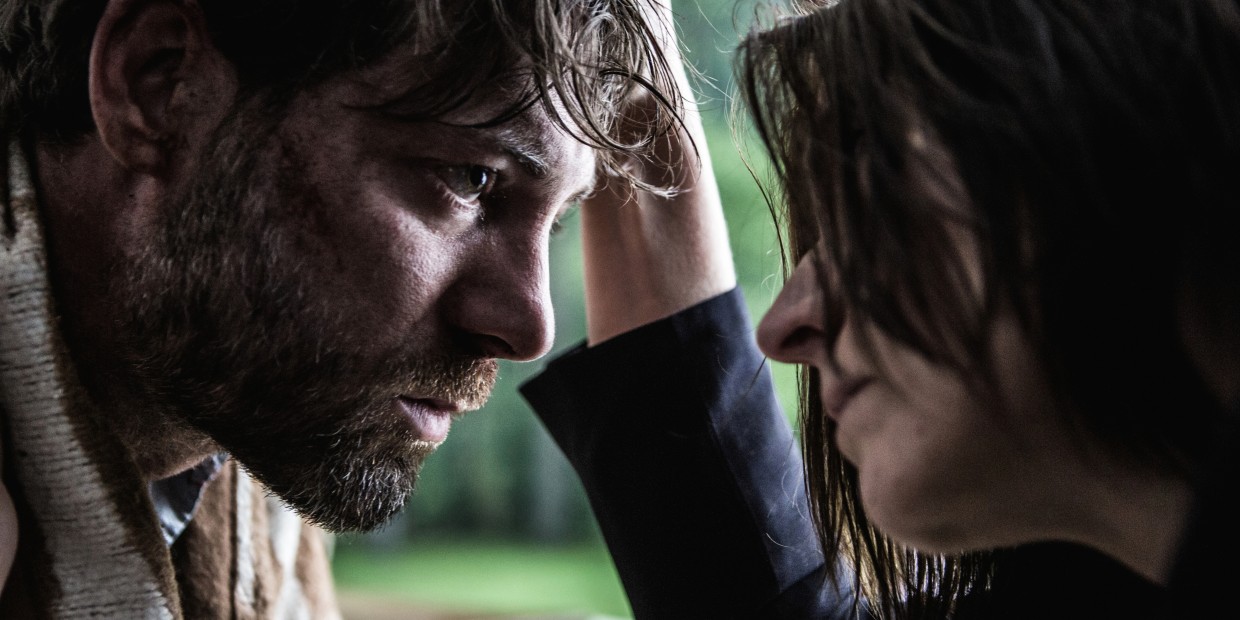
The Treatment centers on a Belgian detective, haunted by the unsolved disappearance of his younger brother decades before, who is on the trail of a child murderer.
The crimes depicted in this film are some of the worst imaginable, and it goes places most thrillers wouldn’t dare as we navigate our way through a sea of perverts, convicts, suspects, sleep-deprived investigators. The Treatment, uncomfortable as it may be, is handled with an artful sensitivity, never feeling exploitative or gratuitous (despite several very graphic moments).
It’s also infused with a cold, grey-skied atmosphere that really permeates; watching this film at night, in the dark, a chilly mist almost creeps out of the TV and into your living room. Lead actor Geert Van Rampelberg does a lot with a demanding role; this is one seriously tormented lawman, and for once the “hero haunted by his past” plot device actually helps propel the narrative, feels entirely natural.
Unflinchingly honest about the seamy underbelly of our world, Treatment offers barely a glimmer of hope within its 130 minutes, but fans of dark police procedures like Silence of the Lambs and Se7en will find much to appreciate here. You won’t be able to look away, not for a second.
10. Marshland (2014)
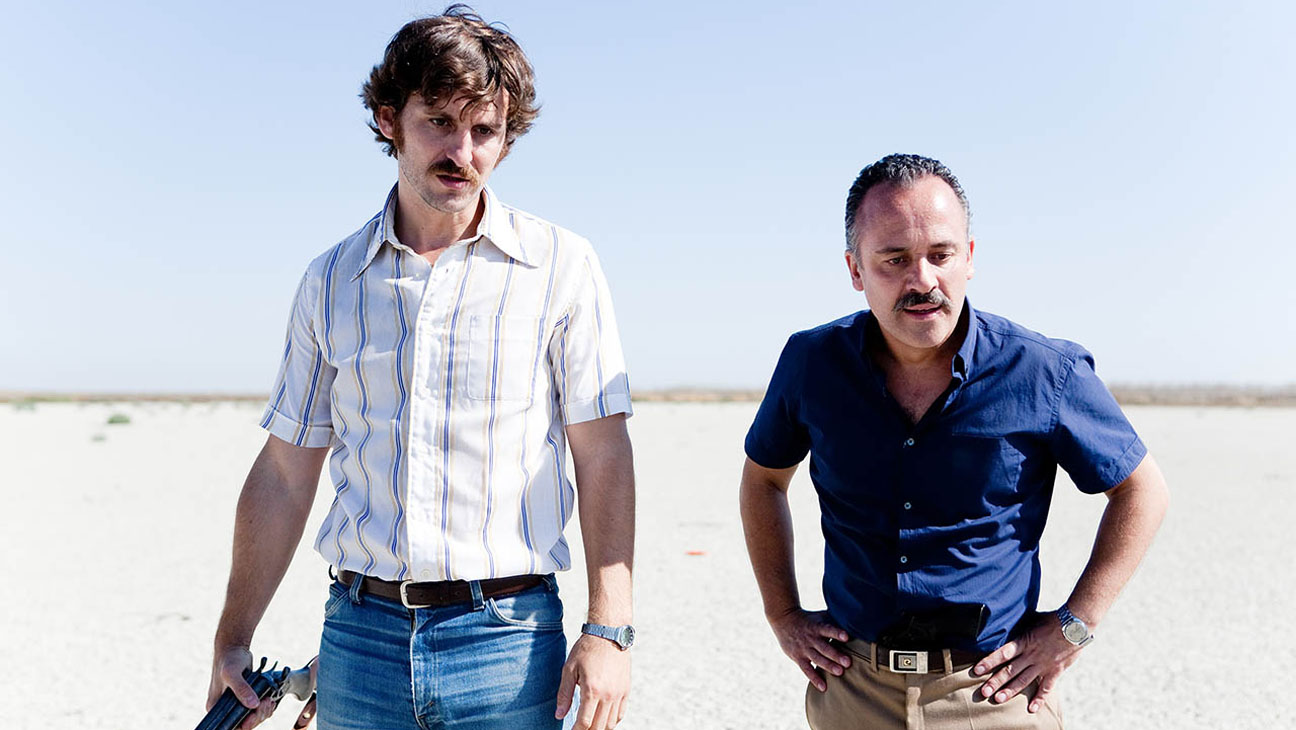
While it may sound like familiar territory, Marshland possesses a poetic elegance that sets it apart. It’s reminiscent of the HBO series True Detective (which began filming after this one did), but more down-to-earth, less ethereal.
Set in 1980, Marshland follows two homicide detectives with opposing ideologies who are investigating the murders of several young women in the Spanish deep south. Pedro is young, idealistic, honest to a fault; Juan, his new partner, is old guard, not opposed to violence and rule-bending. Receiving scant help from a corrupt local police force and complacent locals, these two men work tirelessly to put the pieces together, trying to prevent the body count from increasing.
The director, Alberto Rodriguez, oversees all this masterfully, and he deserves serious kudos for making a film about such ugliness so incredibly beautiful to look at (stunning birds-eye aerial shots pepper the film, greatly enhancing the sense of place).
Performances are uniformly solid, with Javier Guttierez making the strongest impression as Juan, a multifaceted, utterly fascinating character. It also features an excellent score from Julio de la Rosa, simultaneously menacing and mournful. Marshland is an unmissable gem, a picture that will likely haunt you for some time afterwards.
Author Bio: Derich Heath is a writer, filmmaker, and musician living in Los Angeles. He has made a documentary on the making of Prom Night II and is currently in post-production on his debut feature, Night Owls.